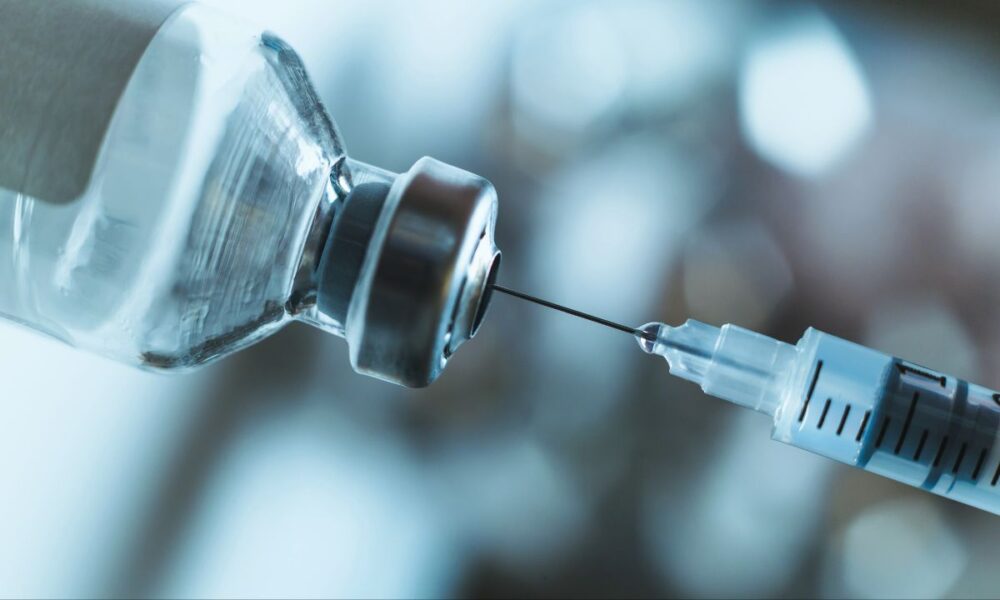Public hospitals across the Dallas-Fort Worth area have granted nearly every exemption request for the influenza vaccine in recent years.
In responses to Texas Public Information Act requests, Parkland Health, John Peter Smith Hospital, and UT Southwestern Medical Center all reported overwhelmingly high rates of approval for employees and contractors seeking to opt out of the seasonal flu shot. Harris Health System in Houston and the University of Texas Medical Branch in Galveston reported similar findings.
At Parkland Health in Dallas, 356 of 357 exemption requests were approved between January 2024 and March 2025. Data analysis showed that about 88% of exemptions were annual and tied to religious reasons, while most indefinite exemptions were granted for medical reasons. Only one request was not approved, though the entry lacked a date and reason.
JPS Health Network in Fort Worth reported approving 507 exemptions between January and mid-January 2025. Harris Health System stated that 81 employees and contractors applied for exemptions between January 2024 and the present, with all 81 applications approved and none denied.
UT Southwestern reported that it does not process exemptions; instead, it permits employees to decline the influenza vaccine for medical, religious, or personal reasons by submitting written notice before November 15 each year. For the 2023–2024 season, 2,591 declinations were filed; for 2024–2025, 2,032 were filed.
The Dallas Express also obtained records from outside DFW for comparison.
Harris Health System’s files, which date back to 2021, show that exemptions overwhelmingly favored indefinite approvals, nearly always on grounds of religion or medical necessity. UTHealth Houston stated that it had no responsive records because it does not require the influenza vaccine for employees or contractors, and therefore, it has no exemption or approval process.
Similarly, Texas Tech University Health Sciences Center in El Paso said it does not require vaccines.
The findings come as vaccination mandates remain a contentious issue in Texas. At a recent Dallas gathering organized by Children’s Health Defense and hosted by Lisa Troutt, cardiologist Dr. Peter McCullough urged the removal of all vaccine mandates in schools and workplaces, as reported by The Dallas Express.
Earlier this month, DX also reported that the University of Texas Medical Branch had approved every flu vaccine exemption since January 2024. The report noted that the data arrived as the federal government announced changes to influenza vaccine policy, including the removal of thimerosal, a mercury-based preservative, from all U.S. flu shots, as ordered by Health and Human Services Secretary Robert F. Kennedy Jr. in July.
Federal health officials continue to recommend annual flu vaccination as the best means of preventing hospitalizations and deaths. The Centers for Disease Control and Prevention’s overview of flu vaccines said earlier this year that the vaccine prevented “millions of illnesses, hundreds of thousands of hospitalizations, and tens of thousands of deaths” in a typical season.
Still, skepticism has persisted.
Data published by the CDC earlier this year suggested significant variations in vaccine effectiveness: the 2024–2025 flu vaccine was 32% to 60% effective for children in outpatient settings and 36% to 54% effective for adults. The shot’s effectiveness against hospitalization was somewhat higher for children, reaching as much as 78%.
However, less than 1% of American children under the age of 5 are hospitalized due to complications from the flu every year, according to figures from the National Foundation for Infectious Diseases. 56% of the American children who died, for which there was data, had at least one underlying medical condition in the 2024-2025 flu season, according to the latest CDC data.
This raises questions about the prudence of flu shots for healthy adults and children.
While records of DFW’s public health institutions indicate a degree of acceptance toward healthcare workers who refuse flu vaccines, these files sit at the center of an ongoing national debate about vaccination as a condition of employment.


